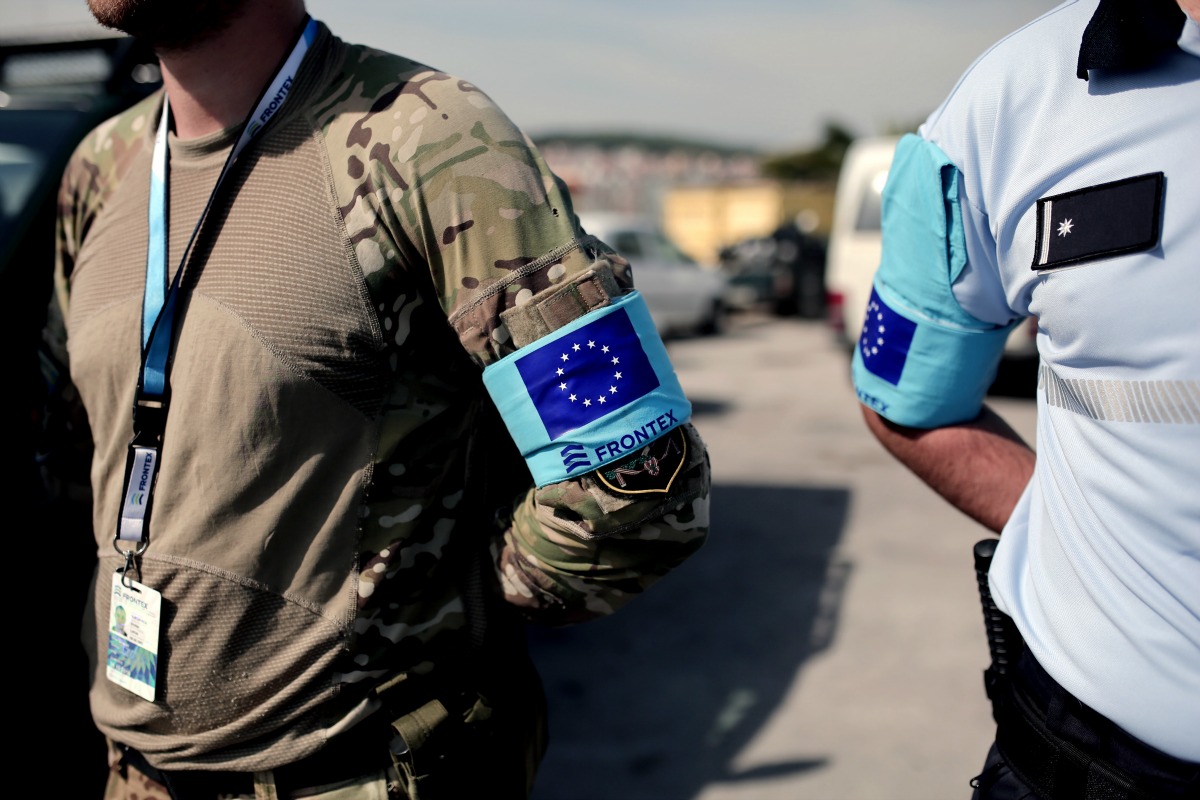Thousands apply for EU border guard posts

The EU border agency, Frontex’s recruitment drive launched last October to fill 700 new border guard positions has attracted a massive number of applicants from across southern and central EU states.
Some 7,500 applicants had applied for the 700 positions, which is part of a much larger bid to create a standing corps of 10,000 guards under the agency’s aegis over the next several years.
“For the first time, and this is also new, and we are also making preparations for that, for the first time, Frontex staff will put on European Union uniforms, not to represent their nations, but to represent the entire European Union,” Fabrice Leggeri, the head of the Warsaw-based agency, told reporters on Friday (17 January).
Many applicants appear to be retired military personnel, seeking a possible second career complete with generous EU salaries and perks.
Leggeri said the agency had expanded the scope of potential applicants in order not to deplete existing national border guard agencies.
Once recruited, the 700 will still have to undergo a six-month training exercise before being deployed in the field at the EU’s external borders early next year.
Although most appear to come from what Leggeri described as “new” and southern EU states, he also noted some had applied from Nordic EU countries.
The new recruits will fall under a so-called ‘category one’, which means they are official EU staff. Category two recruits are seconded nationals with two- to four-year posts. A category three is reserved for four-month stints sourced from national forces in case of a crisis, says Leggeri.
“To a certain extent there is a prevailing trend that applicants come more from let’s say the new member states or some southern member states or member states where salaries, I would not say that they are low but they are not as high in some other old-founding member states,” he said.
The agency has expanded in leaps and bounds over the past few years with larger budgets, more staff, and greater powers to procure its own equipment for things such as aerial surveillance.
In 2019, its budget stood at €330m. The European Commission wants this to increase to €420.6m for this year, a hike of 34.6 percent.
It currently has some 750 people working for it, but Leggeri said the money was needed to pay for its new staff.
Political masters and law makers at the EU institutions, in early 2019, reached an agreement to boost the agency’s mandate in the wake of a wider shift to clamp down on the EU’s external borders.
That agreement included creating a standing corps of 10,000 guards by 2027 and dovetailed into an agency that primarily saw itself as doing law enforcement work.
